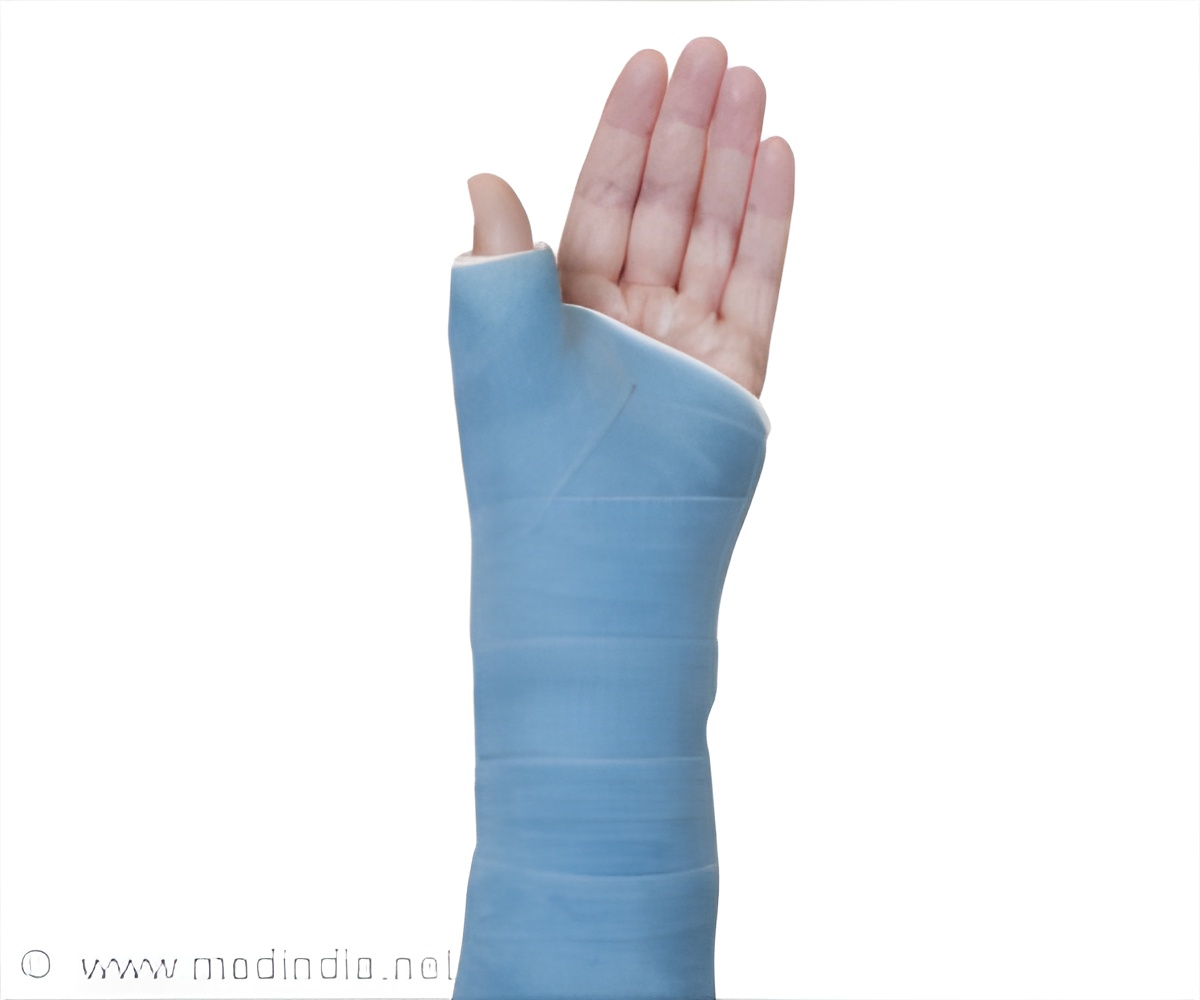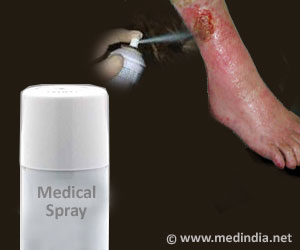5G is an opportunity to produce resilient, robust bandwidth that is always there for the purpose of healthcare.

TOP INSIGHT
5G is an opportunity to produce resilient, robust bandwidth that is always there for the purpose of healthcare.
Professor Marc Clement, chair of the institute, said: “5G is an opportunity to produce resilient, robust bandwidth that is always there for the purpose of healthcare.
“That intelligent dressing uses nano-technology to sense the state of that wound at any one specific time,” he told the BBC. According to the ILS, nanotechnology would be used to place tiny sensors into specially created bandages that then constantly monitor the state of an injury and provide changing feedback to doctors and patients as recovery takes place over a 5G network.
The work forms part of a £1.3 billion deal for the area known as the Swansea Bay City Region deal, which includes the creation of a 5G test hub as part of digital innovation plans.
Professor Clement highlighted that nano-technology experts would develop the tiny sensors locally while 3D printers at the institute would be used to produce the bandages, keeping the cost down.
 MEDINDIA
MEDINDIA




 Email
Email





